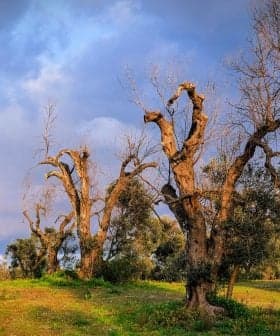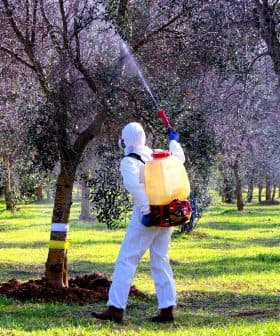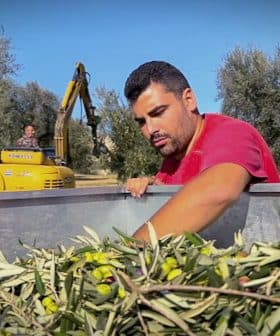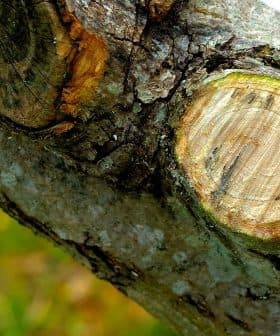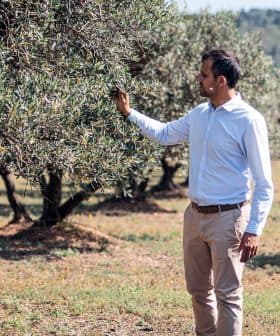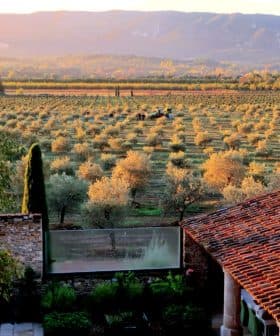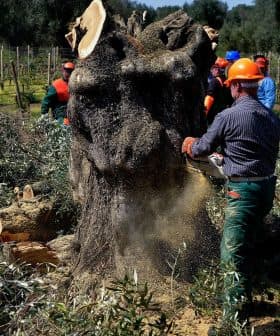Xylella Fastidiosa Arrives in Third French Region
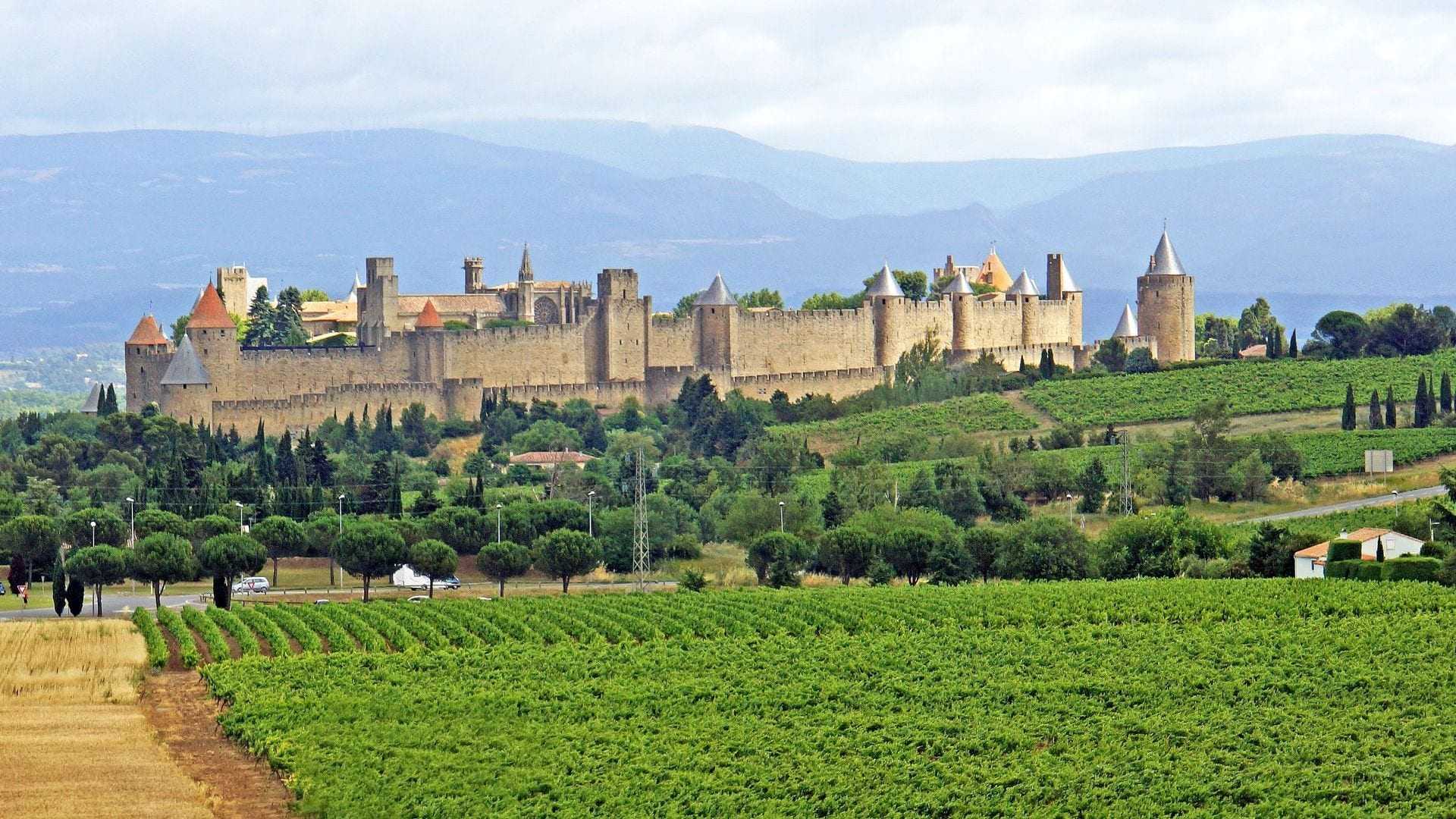
Xylella fastidiosa, a deadly plant pathogen, has been found in an ornamental lavender plant in the southern French region of Occitanie, prompting precautionary measures and a traceability investigation by the Ministry of Agriculture. The European Union’s Xylella containment protocol has been activated in the area, raising concerns due to the region’s significant production of table olives, olive oil, wine, and other agricultural goods.
Xylella fastidiosa has been detected for the first time in the southern French region of Occitanie, according to the country’s Ministry of Agriculture, Agrifood and Forestry.
The deadly plant pathogen was discovered in an ornamental lavender plant that was being sold at a gardening shop. The disease was detected during routine checks performed by the authorities in August.
See Also:Xylella Fastidiosa Updates“Immediate precautionary measures were taken, including stopping all marketing of plants from this establishment, while phytosanitary treatment was applied to the entire site,” the ministry said in a press release. “A perimeter with a radius of 2.5 kilometers (1.5 miles) around the site has been established in order to prevent any spread of the disease.”
“The traceability investigation is underway to determine the origin of the infection,” the ministry added. “A series of samples are taken from all other plants susceptible to the bacteria located in the infected area to determine the extent of the infection.”
So far, more than 200 samples have been collected from the region and sent to state-run laboratories to be tested.
The local authorities in the prefecture of Aude, where the infected lavender was found, have also called on residents to report whether they had purchased any plant material from the gardening shop in the previous two years.
The ministry also confirmed that the European Union’s Xylella containment protocol was activated. This means that in the potentially infected areas, all plants vulnerable to the disease will be permanently removed and destroyed.
Xylella fastidiosa was first detected on the French island of Corsica in 2015 and was later discovered on the French mainland in the neighboring region of Provence-Alpes-Côte d’Azur.
State and local authorities are particularly worried about this most recent outbreak as Occitanie is a major producer of table olives, olive oil, wine and many other agricultural goods.
In 2016, the region produced more than 25 percent of the olive oil harvested in France and is responsible for half of the country’s table olive production.
“All agricultural production sectors are exposed to a risk of contamination – vines, olive trees, fruit trees of the genus prunus, citrus fruits, alfalfa, ornamental species, etc,” the ministry said. “The bacteria also constitutes a danger for uncultivated plants, which may be of particular social, environmental or heritage interest, such as endemic species.”


